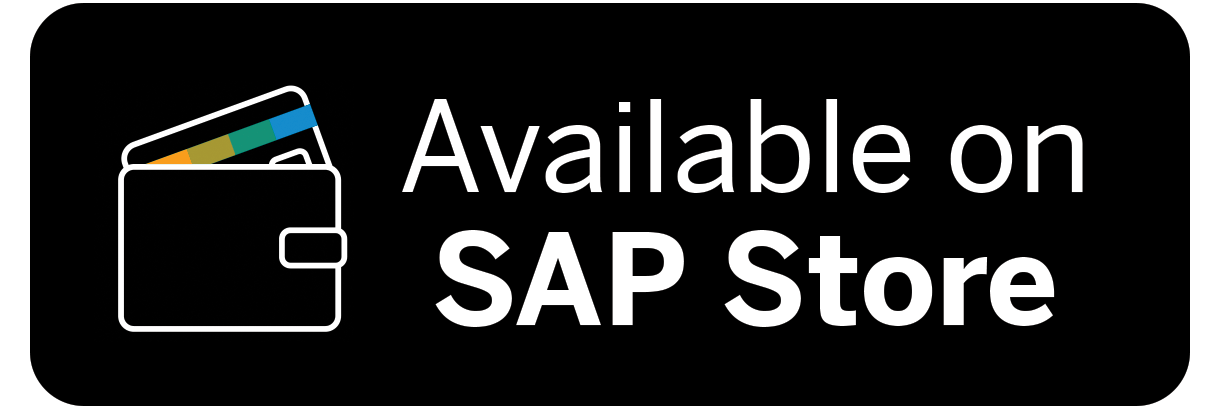Efficient AI at the point of sale
Artificial intelligence (AI) is a tool that facilitates tasks in store audits, according to Laura Sandoval, Business Development Manager at AILET, and Daniel Sampietro, founder and CEO of RETAILATAM, who presented at this conference at Expo ANTAD 2024.
How are we leveraging artificial intelligence (AI) at the point of sale? AI has become one of the most efficient tools throughout the entire store audit process.
This was highlighted by Laura Sandoval, Business Development Manager at AILET, and Daniel Sampietro, founder and CEO of RETAILATAM, who presented at the "Efficient Execution at the Point of Sale with AI" conference held at Expo ANTAD 2024.
She explained that “AILET develops a task list, so that it can be managed through an easy-to-use mobile app. AI works in real time, that is, we are going to obtain information with a simple photograph. The important thing is that we can see and verify the data and generate KPIs and graphs at all times. In addition, it is very easy to integrate with sales teams, the external audit agency and in retail execution.”
The Ailet specialist detailed some of the main tasks carried out by AI in store audits, both traditional and modern channels:
- On shelf availability.
- Out of shelf products.
- Market share.
- Monitor prices with labels.
- Review of POP material.
"This is achieved through image recognition of any SKU, product presentation, and measurement,” she specified.
According to Laura Sandoval, “Ailet provides an ecosystem that includes a real-time information portal for point-of-sale data. This allows us to verify that routes are carried out appropriately.” “The benefits of using this AI-powered Ailet tool include, but are not limited to, the following:”
1. 40% to 60% reduction in audit time.
2. Automated data collection and single source of real-time data.
3. Automatic calculation of KPIs.
4. Routes, tasks, audit team performance monitoring.
5. Transparent analysis.
6. Greater store coverage in less time.
Practical case: Coca-Cola Andina
Daniel Sampietro, from RETAILATAM, presented a real-world case study using this tool. He discussed a project with Coca-Cola Andina in a Latin American country. The project involved auditing the traditional channel across 3,600 stores, with the goal of scaling to 6,000 stores for the ready-to-drink non-alcoholic beverage category.
Finally, he reported that Coca-Cola Andina used the tool to measure five key execution pillars: position, presentation, activation, pricing, and inventory. The mobile app allowed them to assign scores for each pillar. The results were impressive: productivity increased by 70%, audit time was reduced by 50%, and the image recognition achieved an accuracy rate exceeding 95%.

